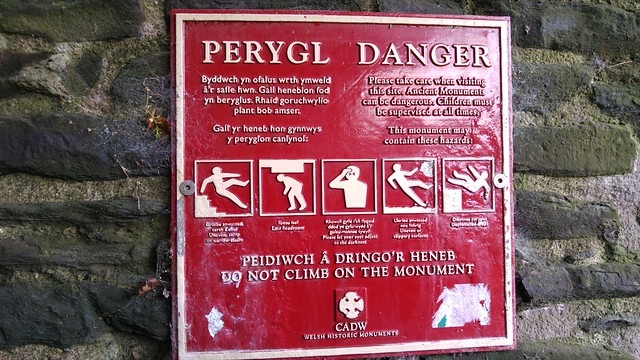This week I wrote a new song – a lullaby inspired by learning that a Scots word for lullaby is lillilu. This is also written lilly-loo or lilli-lu, and an extended version is lillila-baloo [source].
Here’s a recording of the song:
This got me wondering about whether there are interesting words meaning lullaby in other languages. Here are some I found:
- French: berceuse – from bercer (to craddle, rock), from the Old French bercier (to rock), from Vulgar Latin *bertiāre, from Gaulish, from Proto-Celtic *berta- (to shake)
- Irish: suantraí – from suan (sleep) and -traí (type of music)
- Italian: ninnananna (onomatopoetic)
- Portuguese: canção de ninar (sleep song) – ninar = to sing to sleep, canção de embalar (rocking song)
- Spanish: canción de cuna (cradle song), nana (lullaby, wet nurse, nursemaid), arrurrú – from arrullo (cooing, murmur, lullaby)
- Welsh: hun-gân (sleep song), (si-)lwli (onomatopoetic), su(o)-gân (lulling song), hwian-gân (murmur song)
Do you know of any other interesting ones?







